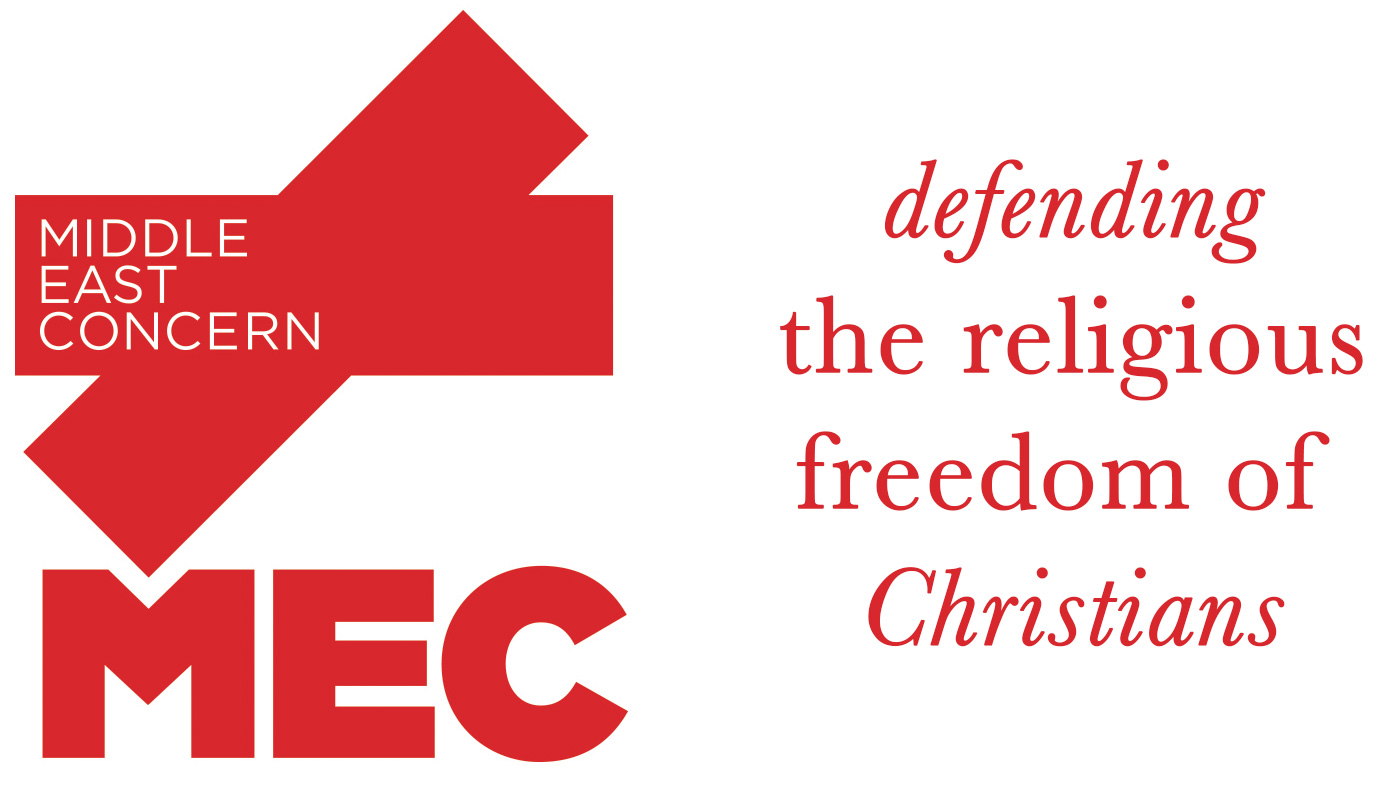
The UAE’s population is estimated by State authorities to be just over 9 million, of which between 85% and 90% are expatriates. UAE citizens are all considered Muslim, about 85% Sunni and 15% Shi’a. Among expatriates, more than half of whom are from South Asia, there are estimated to be between 0.5 and 1 million Christians, representing a wide range of nationalities, ethnicities and Christian traditions. The expatriate Christian communities are served by a wide range of churches including the Roman and Greek Catholic churches, Greek and Russian Orthodox churches, Coptic, Armenian Apostolic, Syrian and Mar Thoma Indian Orthodox churches, Anglican and Church of South India churches, Evangelical, Brethren and Pentecostal churches.
The constitution of the UAE enshrines Islam as the religion of the State and Islamic law as a principal source of legislation. The constitution also affirms the principle of non-discrimination, including on the basis of religion. It upholds the freedom to perform religious ceremonies in accordance with established custom, provided that religious practice is consistent with public order and morality. In 2015 a law was enacted that specifically prohibits “all forms of discrimination based on religion, caste, creed, doctrine, race, colour or ethnic origin,” and in 2016 new Federal Government posts included a Minister of State for Tolerance, with a mandate to promote tolerance as a “fundamental value” in UAE society. Blasphemy and defamation of religions are prohibited and no non-Islamic proselytism is permitted. Under applicable Islamic law, Muslims are prohibited from changing their religion. In November 2017 the Abu Dhabi Judicial Department gave churches the authority to approve marriages, mediate divorces and, in due course, handle child custody issues, so expatriate Christians in Abu Dhabi will no longer have to use Sharia courts for these purposes. Islamic personal status laws apply for citizens, including a prohibition on Muslim women marrying non-Muslims.
The UAE is not a state party to the International Covenant on Civil and Political Rights (ICCPR). The Emirati government has advised the UN Human Rights Council that it is considering whether the ICCPR and other covenants are compatible with national legislation and relevant cultural and religious values. The government has also stressed within human rights forums that the UAE’s progressive policies have led to the successful accommodation of a range of religious traditions within a host culture rooted in Muslim tradition.
Expatriate Christians enjoy considerable freedom in the UAE, provided that they avoid activities that could be construed as proselytism. In recent years a small number of expatriates have been imprisoned or had residency terminated based on allegations of proselytism. The process for registering expatriate churches varies by Emirate. Recognition is generally provided through the granting of land and building permission to establish places of worship, though at times the use of hotels or other facilities for Christian worship has been tolerated. Church compounds are typically overcrowded on days of worship as they seek to accommodate multiple congregations of various nationalities and languages. The government of Abu Dhabi has been receptive to requests for further land for places of worship in recent years, enabling the building of new places of worship. However, the Dubai government has not responded to such requests, instead taking action to enforce rules stipulating that church congregations can only meet in designated places of worship. Emirati nationals or other Muslims who choose to leave Islam are likely to face strong family and societal pressure. In extreme cases those who leave Islam can face violent responses from family members. In principle, those considered apostates face severe sanctions under Islamic law, including the death penalty, although there are no known cases of these sanctions having been applied in recent years.
